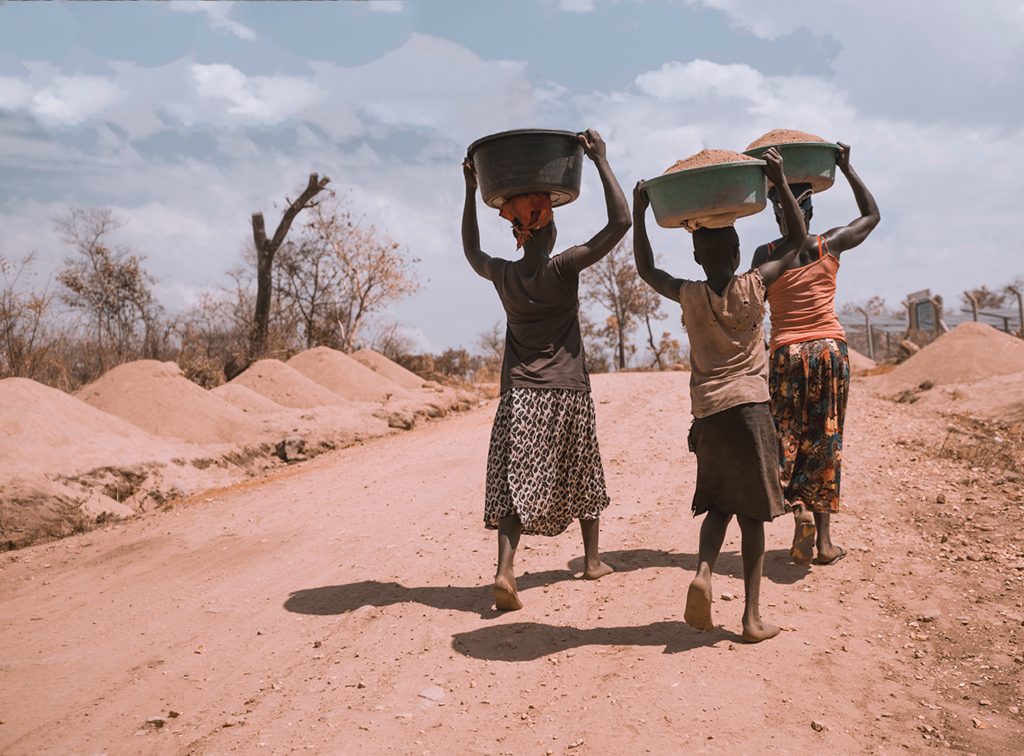

While Nigerians of Brazilian heritage in Lagos are embracing Portuguese, speakers of the language in Guinea-Bissau say they are being discriminated against, as employers in the country are publishing job vacancies in French and English.
The Brazilian Descendants Association in Lagos (BDA) in conjunction with the Federative Republic of Brazil have launched a Portuguese language class in the capital area of Nigeria.
Mrs. Taiwo Salvador, education research director, BDA, said that the program was to promote the Portuguese language and give youth more international opportunities.
“Anywhere you go and you can speak an additional language, it is a plus for you and gives you privilege to other opportunities. So, the benefit of the language has two phases: establishing it in our community and the benefit of traveling to Brazil for four years to study any discipline with tuition free,” she said.
Mrs. Ibijoke Sanwo-Olu, wife of the Lagos state governor, who is also a Brazilian descendant from the Carrena family, represented by Mrs. Olumide Ibitoye, described the program as a landmark and historical event. “I am delighted to participate in this landmark and historical event marking the formal launch of the Brazilian Descendants Association of Lagos Portuguese language program supported by the Brazilian government to promote skill and knowledge in our dear state.
“Without any iota of doubt, this program, which is the first of its kind at the grassroots level by the Brazilian government to promote the Portuguese language in the Brazilian quarters of Lagos Island, is laudable and remarkable.
“It is a giant leap forward in advancing the rich cultural and historical ties between Lagos and Brazil. It is a statement of fact that Lagos and Brazil have a lot in common historically; the Brazilians in Nigeria, who are referred to as Agudas, settled in Lagos and created the Brazilian quarters,” she said.
Sanwo-Olu said that the history of Lagos State could not be effectively told without copious reference to the role played by European traders and travelers, who were some of the earlier settlers in the kingdom of Lagos.
She said that, as a result of the geographic location of Lagos on the lagoon, Portuguese merchants gave the island its name, Lagos, while the indigenous population called it Eko.
“It is particularly commendable that the Brazilian Consulate is working to promote appreciation of culture through the use of the Portuguese language among the interested family members of the Brazilian Descendants Association,” she said.
Meanwhile, Africanews reports that in the former Portuguese colony of Guinea-Bissau, French and English are taking over. Guinea-Bissau is the only Portuguese-speaking enclave in West Africa, where French and English dominate. Over the years, the popularity of the French language has grown, according to Amiel Carvalho, a resident of the capital, who told Africanews, “I worked in a bank for nine years and I came across that situation. It was all in French. The bank statement is in French. I cannot be Lusophone to then interpret the statement of my bank account, of my money, in French.”
Portuguese is Guinea-Bissau’s official language. But the country is bordered by English-speaking Gambia to the north and French-speaking Guinea and Senegal.
“We are being discriminated against in the labor market in Guinea-Bissau. We are Guineans, and we are having difficulties getting jobs because of this French and English language situation,” said Carvalho.







